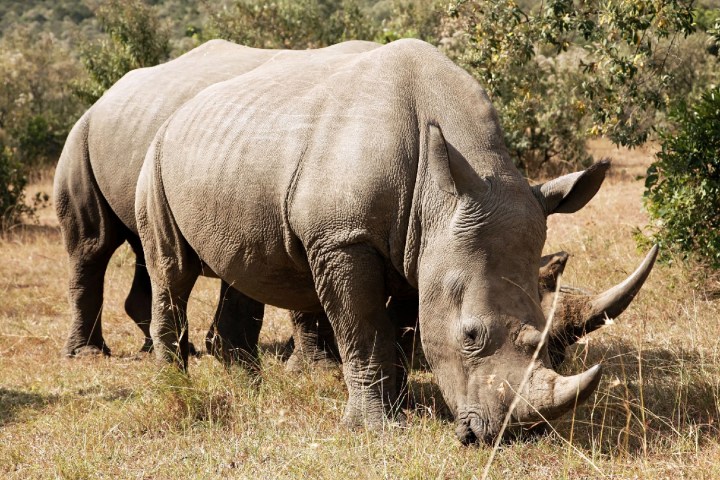
This is an enormous problem to grapple with. According to the Lindbergh Foundation — whose work focuses on the link between technological advancement and environmental preservation — rhino poaching has increased by 9,000 percent in South Africa over the past decade and one elephant is killed every 14 minutes — a number that will lead to extinction within 10 years unless something is done.
The Air Shepherd program has been in test mode for the the past year, but this week the Lindbergh Foundation announced a major new partnership with machine learning company Neurala. Using Neurala’s smart image recognition tech, Air Shepherd drones will soon be able to accurately identify animals, poachers and poacher vehicles from the air before sending in human rangers to help.
“Our goal is to solve Air Shepherd’s problem,” Neurala CEO Max Versace told Digital Trends. “They can’t find humans who are willing to look at hours of infrared images looking for the needle in the haystack: A poacher chasing an endangered animal. Humans don’t want to do it, but we need human-level intelligence and perception to do this. Hence, we will substitute humans with AI, and sift through gigabytes of data with AI to find that needle.”
Versace explained that the “Neurala Brain” recognition technology was developed for the company’s previous work with NASA for use in autonomous planetary exploration. “Essentially, we were asked to build AI that can run anywhere — such as small processors that could equip a drone flying for hours over an area to collect data and monitor activities,” he continued.
The dream is that the collaboration between the Lindbergh Foundation and Neurala can help crack down on the problem of poaching, thereby saving the lives of thousands of animals, as well as aiding in the capture and prosecution of poachers who might otherwise get away with it.
Just as important, Versace says, is to demonstrate that AI can be a real force for good in the world.
“I am equally passionate about AI as not being seen as a bad technology,” he said. “To the contrary, humans are both the cause and the cure, for bad AI. With this application, we can show the world that it’s humans at the wheel of its future. AI can be as easily life-saving as life-ending — it’s up to us to steer it in the right direction.”


